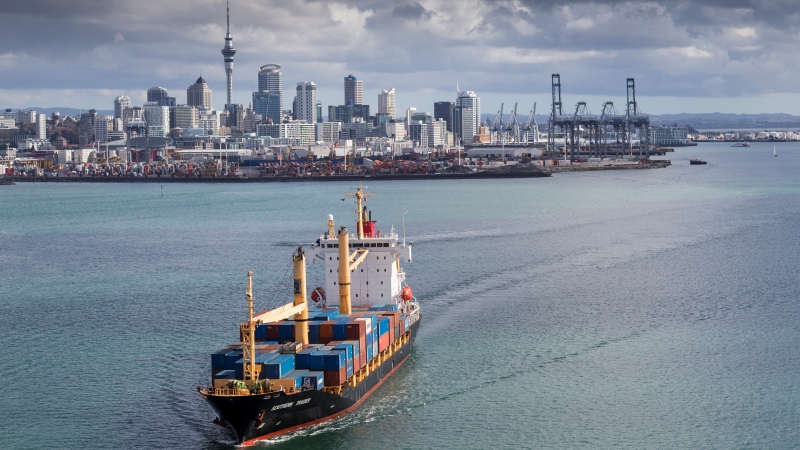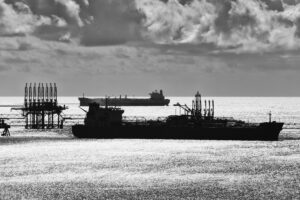The Port of Auckland Limited (POAL) has been sentenced after pleading guilty to two charges under the Health and Safety at Work Act 2015.
The charges were filed by Maritime NZ after stevedore Pala’amo Kalati was killed by a falling container on 30 August 2020, as the national regulatory, compliance and response agency Maritime New Zealand (Maritime NZ) said in its statement.
Following the death of Kalati, a comprehensive investigation was undertaken by Maritime NZ.
Maritime NZ Director, Kirstie Hewlett said his death was a manifestation of the risk caused and contributed to by POAL’s failures around stevedore safety.
“Those failures were long standing and systemic, putting many stevedores at risk for an extended period of time,” Ms Hewlett said.
Changes were also made to processes around the time of the incident due to the Covid-19 pandemic. This lessened the oversight while undertaking work such as what was occurring when the incident happened.
Prior to the incident occurring, Kalati and a colleague were working on board as lashers discharging containers from the MV Constantinos P.
A crane was operating adjacent to the two men lifting pairs of containers off the vessel when a third container was accidentally lifted as well. The third container detached and fell, killing Kalati.
“While nothing can bring Mr Kalati back to his family or change the impact on his co-worker, who was also present. This tragic incident as well as two other fatal incidents in April 2022, highlighted the need to review and make changes to health and safety on New Zealand ports.
“It is good to see POAL take responsibility for its actions and pleading guilty.
“Over the last 20 months, Maritime NZ alongside our partners in the Port Health and Safety Leadership Group has undertaken a significant programme of work to reduce harm on New Zealand’s ports.
“Since the Leadership Group was set-up POAL has and continues to be a key contributor in the work to bring down instances of harm on New Zealand ports.
“We want there to be a culture in the sector that reflects the need to take a safety-first approach to operations.
“Port workers need to be safe at work,” Kirstie Hewlett noted.



